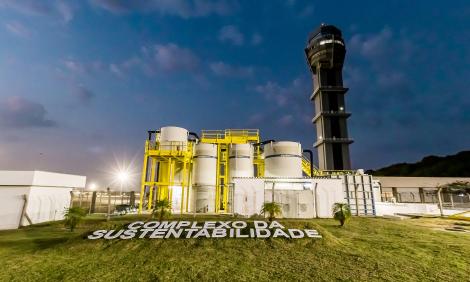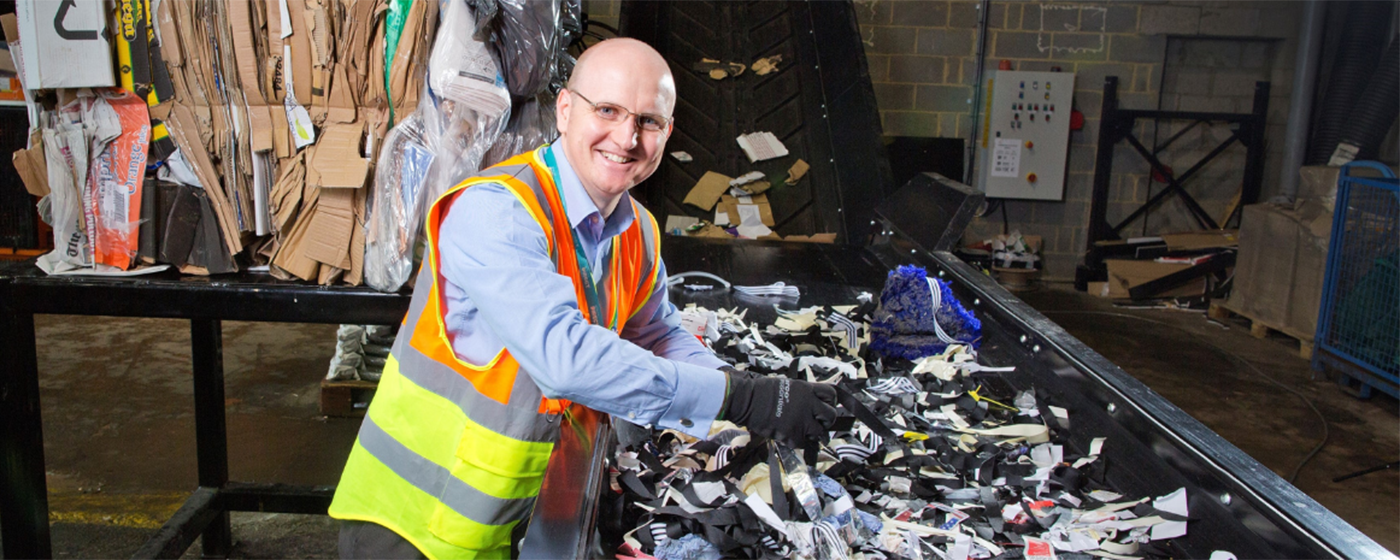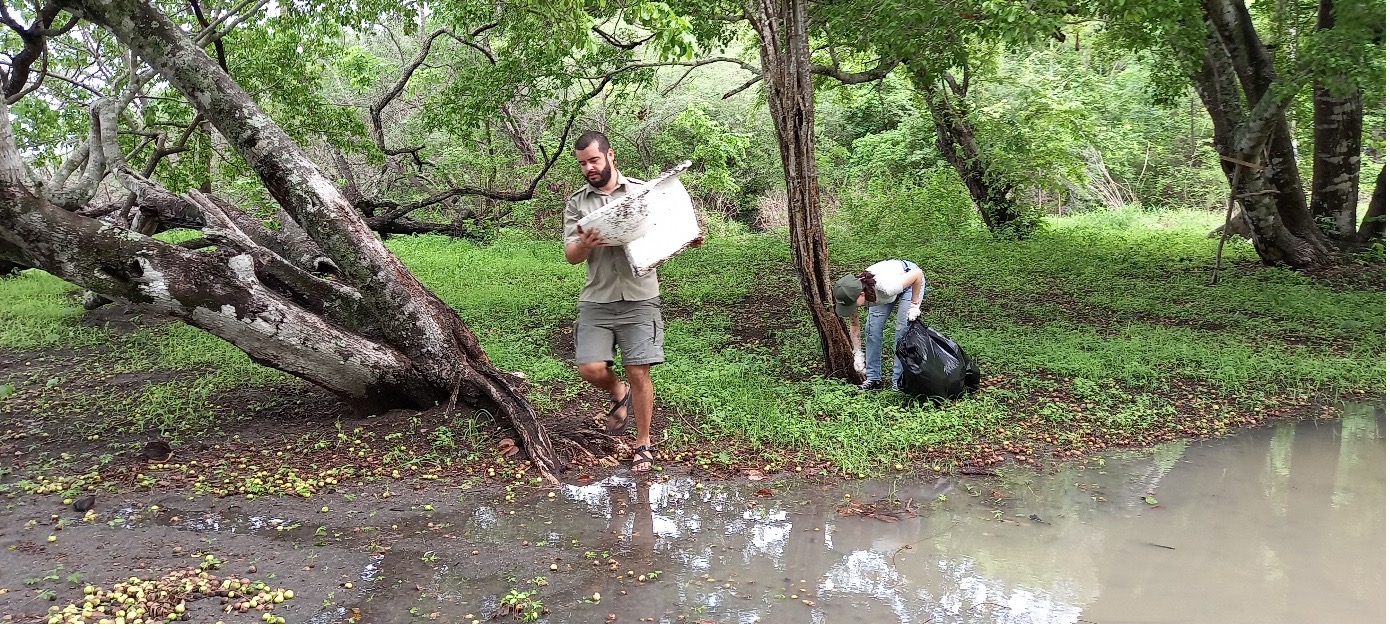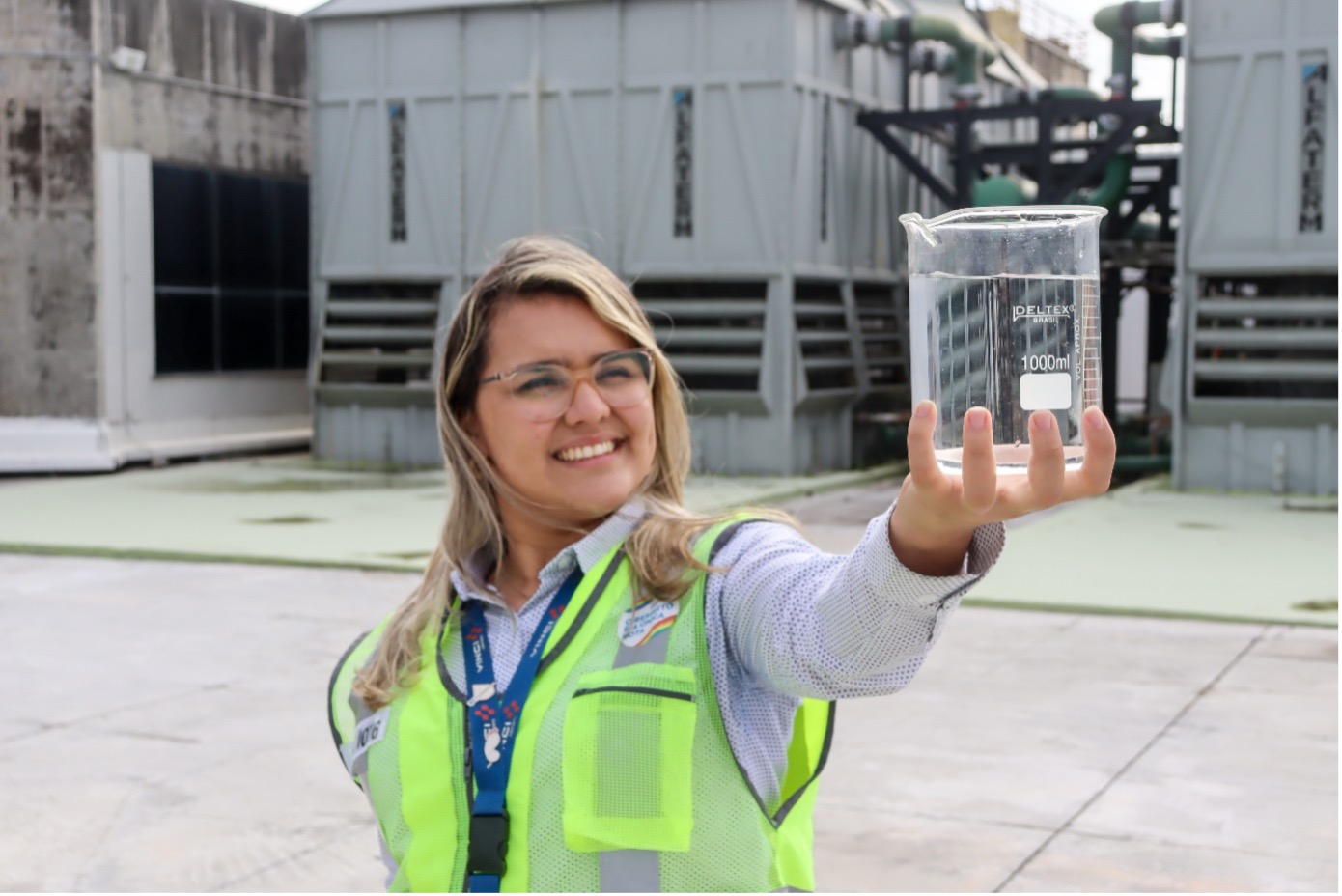
27 September 22
Learn more

Despite considerable differences in the way recycling channels are regulated across the various countries in which it operates, VINCI Airports has set a single target for its entire network to send zero waste to landfill by 2030.
To achieve this goal, we take action upstream to reduce the amount of waste we generate at source and anticipate how we can recycle it.
We are working with our subcontractors to eliminate single-use plastics in the shops and restaurants operating within our infrastructure. We also closely involve the public in our efforts, for example by installing waste separation bins or other more innovative initiatives, such as Lyon-Saint Exupéry airport this involves a programme to replace single-use plastics with reusable containers, while in Costa Rica a campaign to collect waste on beaches near the airport is in full swing.
Downstream, we systematically recycle and reuse our waste, even when local channels are not sufficiently developed or do not exist.
VINCI Airports has built a number of world-beating sorting centres in Salvador in Brazil and in the Dominican Republic, and establish a partnership with a local cement manufacturer in Cambodia to reuse some of our waste.

Salvador Bahia International Airport has been recognized by Brazil's National Civil Aviation Agency (ANAC) as "Brazil's most sustainable aerodrome in 2019". Salvador Bahia, Brazil’s first airport to produce zero liquid effluents with 100% of treated wastewater recycled in toilets and for the air-cooling towers, is contributing to the rise of the circular economy.
